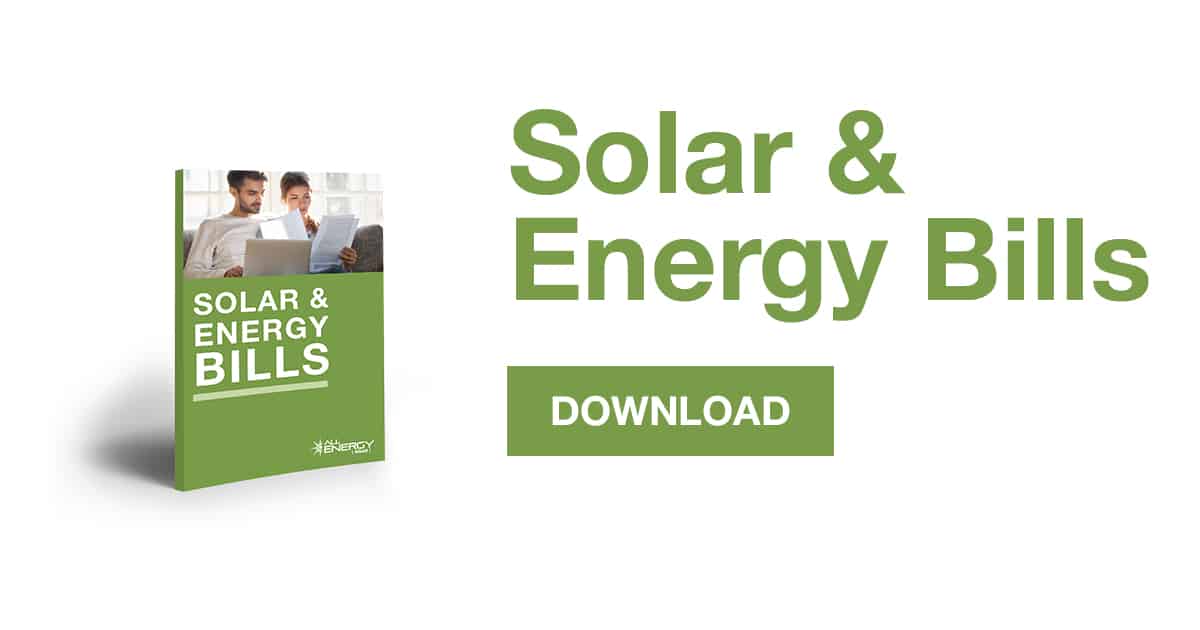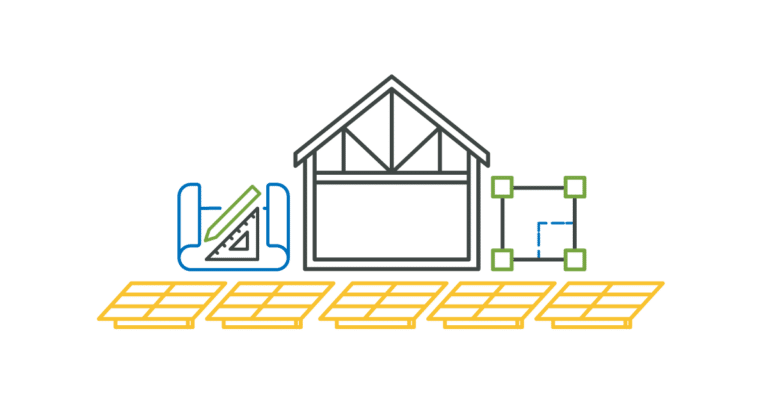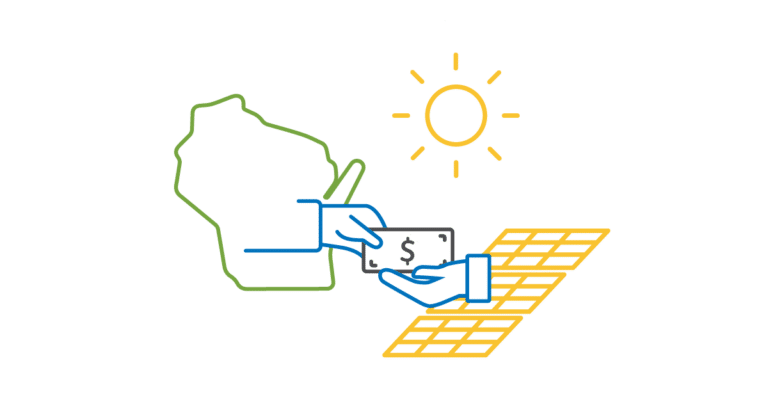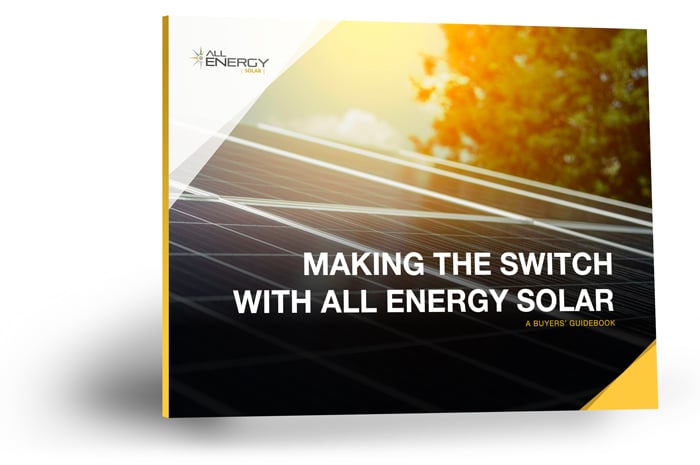Making the switch to solar has always been a great opportunity for those looking for a reliable source of renewable energy and ways to save on their energy bill.
While using the energy you create from your solar photovoltaic (PV) system can help decrease the amount of energy you pull from the grid, net metering can also help increase your savings by receiving a credit for the excess energy you produce from your utility company.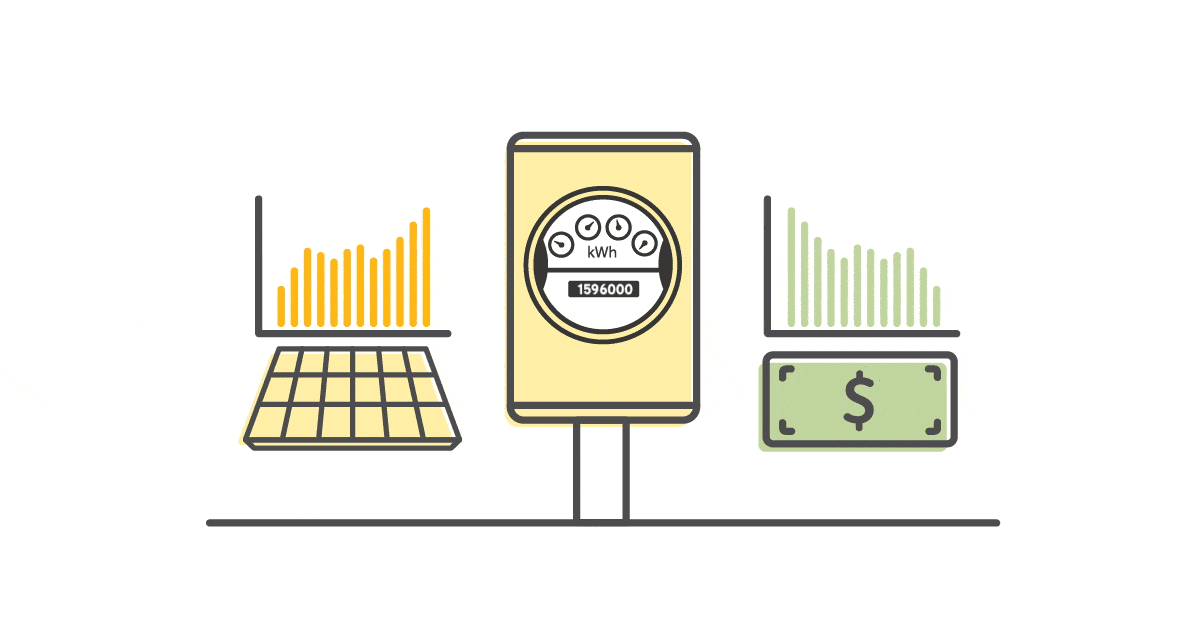
How does net metering work?
Net metering is a billing mechanism that provides credits to households and businesses that take advantage of producing their own electricity through renewable resources, such as solar.
If a utility customer has a solar PV system installed on their roof or property, there’s a chance they might generate more electricity than they consume during daylight hours. This is, of course, depends on several factors, such as the size of the solar panel system and energy consumption habits of the home or business. With net metering in place, the electric meter will “run backwards” to provide a credit against electricity consumed when the energy usage exceeds the system’s output.
The benefits of net metering
Net metering has the ability to save those with their own solar PV system hundreds of dollars on their energy bill every year. Aside from benefiting your bottom-line, net metering can reduce strain on the energy grid’s distribution and minimize energy loss from sending electricity miles away from the nearest power plant.
Originally, state regulators designed policies like net metering for areas with low solar adoption in efforts to see growth in renewable energy sources. As adoption has begun to spread countrywide, efforts to revamp net metering programs have also sprung up in order to make it more effective and cost efficient.
Net metering allows customers who generate their own electricity cleanly and efficiently to take greater advantage of the investment installed on their rooftops, helping to lower their annual electric bill. To find out more about net metering and other related policies in your state, check out the Database of State Incentives for Renewables & Efficiency (DSIRE).
Download our eBook, Solar & Energy Bills, and find out how you can save more by simply understanding how you’re being charged for your energy consumption.
